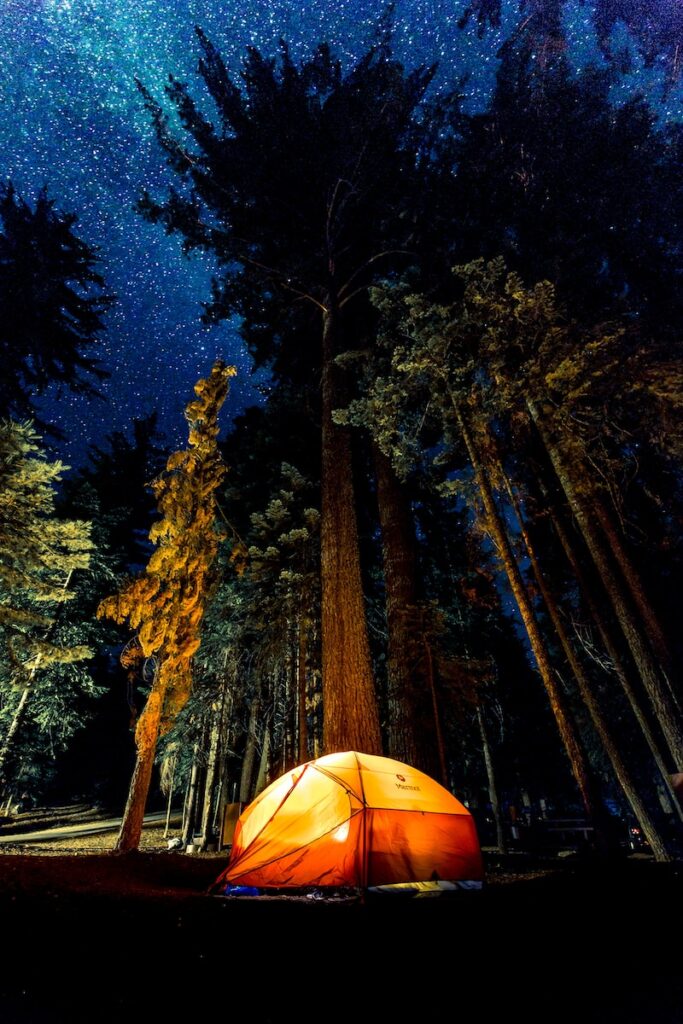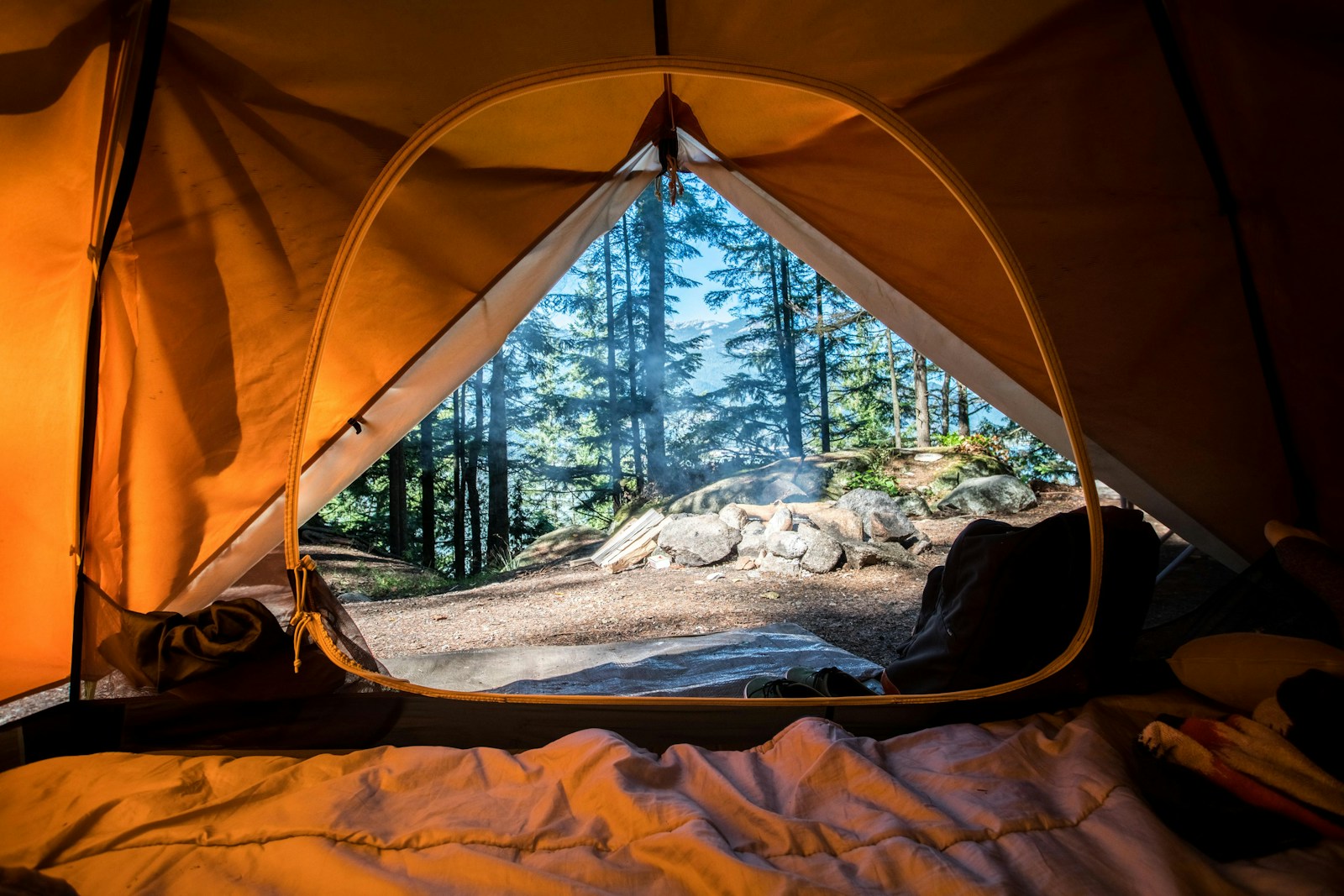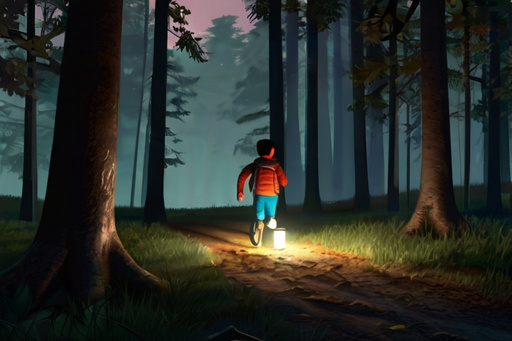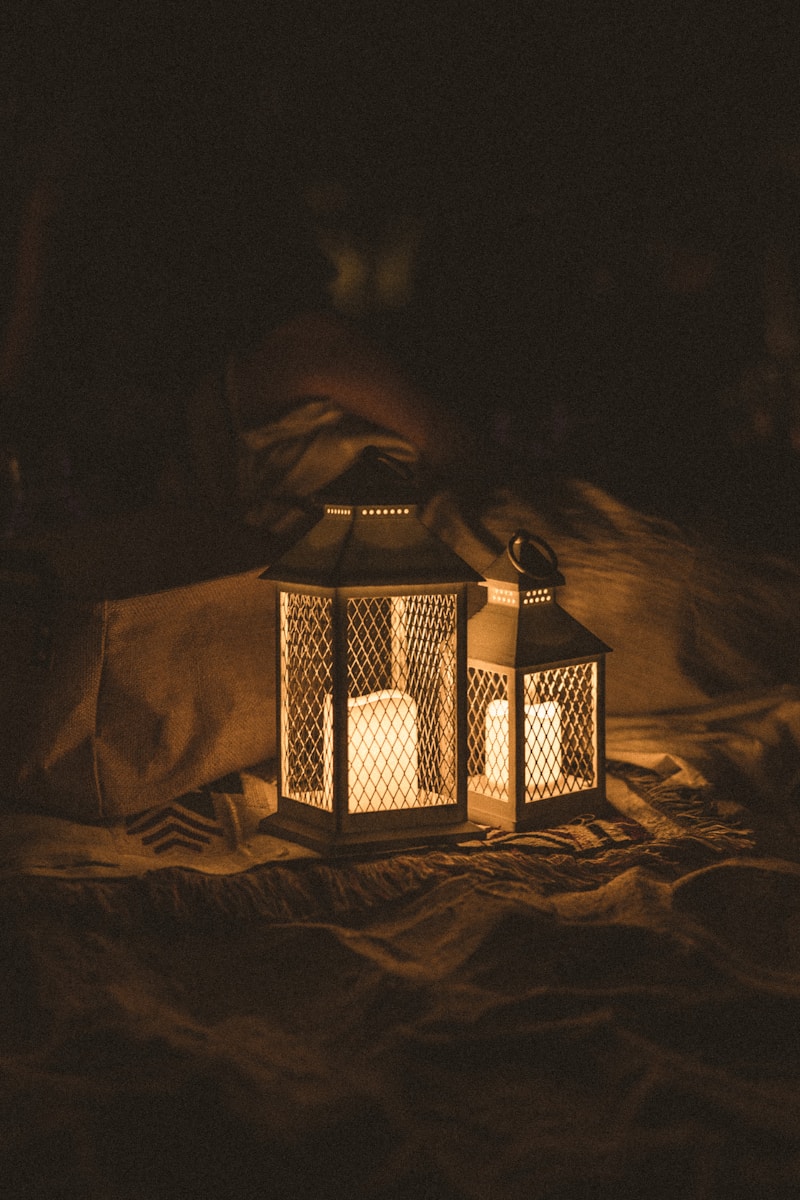Are you a camping enthusiast who loves to spend time in the great outdoors? If so, you’ve probably encountered a few challenges along the way. From setting up your tent to dealing with pesky mosquitoes, camping can have its fair share of problems. But don’t worry, in this article, we’ll discuss seven common camping problems and provide you with practical solutions to make your outdoor adventures more enjoyable.

One of the most frustrating aspects of camping is struggling to set up your tent. It can be a daunting task, especially if you’re not familiar with the tent’s design. But don’t fret! We’ll guide you through the process step by step and give you useful tips to make pitching your tent a breeze. Additionally, we’ll address other issues like keeping warm during cold nights, dealing with wildlife encounters, and finding clean drinking water. So whether you’re a seasoned camper or just starting out, we’ve got you covered. Keep reading to learn more about how to solve these common camping problems and make the most of your outdoor experiences.
Choosing the Right Campsite
When planning a camping trip, one of the first and most important decisions you will make is choosing the right campsite. The campsite you choose will greatly impact your overall camping experience, so it’s essential to do your research and consider various factors before making a decision.
Researching different campsites
To start your search for the perfect campsite, it’s crucial to do some research. Look for campsites in the area you wish to visit and make a list of potential options. Take into consideration the location, proximity to attractions and amenities, and the overall reputation of the campsite.
Considering the campsite amenities
Different campsites offer different amenities, so it’s essential to think about what you require and what will enhance your camping experience. Some campsites may have showers, toilets, and electricity hookups, while others may have more basic facilities. Consider your needs and preferences when selecting a campsite.
Looking for reviews and ratings
Another valuable resource when choosing a campsite is reading reviews and ratings from other campers. Look for online platforms where campers can leave feedback about their experiences at specific campsites. Pay attention to comments about cleanliness, noise levels, and the overall atmosphere of the campsite. These reviews can provide valuable insights and help you make an informed decision.
Packing Essentials
Packing for a camping trip can be overwhelming, but with the right approach, it can be a smooth and organized process. By creating a checklist and ensuring you have all the essential camping gear and supplies, you can ensure a stress-free camping experience.
Creating a checklist
Creating a checklist is a crucial step when packing for a camping trip. Start by making a list of all the essentials you will need, such as a tent, sleeping bags, cooking equipment, and clothing appropriate for the weather. As you gather items, check them off the list to ensure you don’t forget anything important.
Choosing appropriate camping gear
Selecting the right camping gear is essential for your comfort and safety during your trip. Invest in a high-quality tent that suits the climate and weather conditions you expect to encounter. Choose sleeping bags that provide adequate insulation, and ensure you have proper camping cookware and utensils for preparing meals.
Packing enough food and water
When camping, it’s essential to pack enough food and water to sustain you throughout your trip. Consider the duration of your camping trip and plan your meals accordingly. Pack non-perishable food items that are easy to prepare, such as canned goods and granola bars. Don’t forget to pack enough water or have a plan to purify water from natural sources.
Dealing with Extreme Weather
While we can’t control the weather, we can prepare ourselves for different weather conditions to ensure a safe and comfortable camping experience. Whether you encounter rain, storms, extreme heat, or cold temperatures, being prepared is key.
Preparing for rain and storms
Check the weather forecast before you head out on your camping trip. If rain is expected, make sure to pack a waterproof tent, rain jackets, and tarps to create sheltered areas. Additionally, it’s a good idea to pack extra clothing and footwear in case they get wet.
Protecting against heat or cold
Extreme heat or cold can pose risks during a camping trip. When camping in hot weather, pack lightweight and breathable clothing, use sunscreen, and stay hydrated. Conversely, when camping in cold weather, pack warm clothing layers and thermal sleeping bags to keep you warm. Don’t forget to insulate your tent properly to retain warmth.
Proper clothing and footwear
Wearing appropriate clothing and footwear is crucial for your comfort and safety during camping trips. Choose clothing made of moisture-wicking and quick-drying materials to keep you comfortable in various weather conditions. Pack sturdy and comfortable hiking boots to protect your feet during hikes and outdoor activities.
Setting up the Campsite
Once you arrive at your campsite, it’s time to set up your temporary home. A well-organized campsite will make your camping experience more enjoyable and efficient.
Choosing an appropriate tent spot
Selecting the right spot to pitch your tent is important for a comfortable night’s sleep. Look for a level area away from hazards such as dead trees or uneven ground. Consider the direction of the wind and the position of the sun to help create a comfortable sleeping environment.
Pitching and securing the tent
Follow the instructions provided with your tent to properly pitch and secure it. Ensure that all stakes are firmly in the ground and that all guy lines are taut. This will prevent your tent from collapsing or blowing away in strong winds.
Organizing camping equipment
Keeping your camping equipment organized will save you time and frustration during your trip. Use storage bins or bags to keep your gear neat and easily accessible. Set up a specific area for cooking utensils, camping chairs, and other camping essentials to keep your campsite tidy.
Fire Safety and Campfire Cooking
A campfire can be a highlight of any camping trip, providing warmth, a place to cook meals, and a gathering spot for campfire stories. However, it’s essential to prioritize fire safety to prevent accidents and ensure a successful camping experience.
Following fire safety guidelines
Before starting a campfire, familiarize yourself with the fire safety guidelines of the area you are camping in. Check if campfires are allowed, and if they are, find out if there are any restrictions or guidelines. Ensure you have a bucket of water or sand nearby to extinguish the fire properly when you are finished.
Using a campfire for cooking
Campfire cooking can be a delightful way to prepare meals while camping. Ensure you have appropriate cooking utensils, such as a grill grate or cast-iron skillet. Be mindful of food safety by cooking meat to the appropriate internal temperatures and storing perishable foods in coolers to prevent spoilage.
Bringing appropriate cooking utensils
When planning your camping menu, consider what cooking utensils you will need. A basic set of pots and pans, a spatula, tongs, and a camping stove or grill can go a long way. Don’t forget to pack essentials like a can opener, knife, and cutting board for meal preparation.
Keeping Bugs at Bay
Bugs are an inevitable part of the camping experience, but there are steps you can take to minimize their presence and prevent them from ruining your camping trip.
Using insect repellents
Insect repellents are an effective way to keep bugs from bothering you while camping. Apply repellents containing DEET or other recommended ingredients, following the instructions on the product. Avoid applying repellent to open wounds, eyes, or mouth, and keep repellents away from food and water sources.
Setting up bug screens
Setting up bug screens on your tent and camping area can create a barrier between you and pesky insects. Use bug screens on windows and openings of your tent to prevent bugs from entering. You can also use mosquito nets or bug-repellent clothing to provide an additional layer of protection.
Proper food storage to prevent pests
Keeping your food properly stored and sealed is crucial for preventing pest infestations at your campsite. Use airtight containers or resealable bags to store food items and hang them in a safe place away from the ground and out of the reach of wildlife. Clean up any food crumbs or spills to minimize the attraction of pests.
Managing Waste and Hygiene
Proper waste management and personal hygiene are essential for maintaining a clean and healthy camping environment.
Proper disposal of trash
Always practice “leave no trace” principles when camping by properly disposing of your trash. Pack all your garbage in sealed bags and dispose of it in designated trash receptacles or take it with you until you find an appropriate disposal location.
Maintaining personal hygiene
Maintaining personal hygiene is crucial for your well-being while camping. Pack biodegradable soap and use it to wash your hands, body, and dishes away from water sources. Bring along a portable camping shower or wet wipes for bathing when facilities are not available.
Using biodegradable products
To minimize the impact on the environment, consider using biodegradable products while camping. Choose biodegradable soap, shampoo, and toothpaste to reduce chemical pollutants when washing in natural water sources. Use biodegradable garbage bags or compostable disposable products when possible.
Staying Safe around Wildlife
Encountering wildlife is one of the joys of camping, but it’s essential to stay safe by understanding wildlife behavior and taking precautions to prevent confrontations.
Understanding wildlife behavior
Learn about the wildlife commonly found in the area you are camping in. Understand their behavior and habits, and keep a safe distance to avoid disturbing them. Respect their territory, and never feed wildlife as this can lead to dependency and aggression.
Storing food and waste securely
To reduce the risk of attracting wildlife to your campsite, store your food and waste securely. Use bear-proof containers or hang food bags between trees in a manner that is high enough and away from your sleeping area. Dispose of food scraps properly and clean your cooking equipment thoroughly.
Knowing how to react to encounters
In the event of a wildlife encounter, it’s important to remain calm and follow recommended safety guidelines. Back away slowly without turning your back on the animal. Avoid direct eye contact and sudden movements. If the animal approaches, make yourself appear larger and louder by raising your arms, shouting, or using noise-making devices.
Navigating in the Wilderness
Exploring the wilderness is one of the main attractions of camping, but it’s important to have the necessary skills to navigate and find your way in unfamiliar territory.
Using maps and compasses
Familiarize yourself with the area you plan to explore by studying maps and using a compass. Understand how to read a map and use your compass to navigate. Take note of landmarks and natural features that can help you find your way back to your campsite.
Learning basic orienteering skills
Basic orienteering skills can be invaluable when exploring the wilderness. Learn to identify different types of terrain, trails, and vegetation that can help you determine your location. Practice using a compass to take bearings and follow directions accurately.
Marking important landmarks
When hiking or exploring in the wilderness, mark important landmarks to help you find your way back. Use natural markers such as distinctive trees or rock formations, or create your own markers using colored ribbons or sticks. This will provide you with reference points and aid in navigation.
First Aid and Emergency Preparedness
Accidents and emergencies can happen during camping trips, so it’s essential to be prepared with a well-stocked first aid kit and the knowledge of basic first aid techniques.
Assembling a comprehensive first aid kit
Your first aid kit should include essential items such as bandages, antiseptic wipes, adhesive tape, tweezers, and medications for common ailments. Additionally, consider any specific needs such as allergy medication or personal prescription medications. Make sure you are familiar with how to use the items in your kit.
Knowing basic first aid techniques
Take the time to familiarize yourself with basic first aid techniques, including CPR and how to treat common camping injuries such as burns, cuts, and sprains. Consider taking a first aid certification course to gain more in-depth knowledge and confidence in emergency situations.
Having emergency communication devices
In case of emergencies, having a reliable means of communication is crucial. Carry a fully charged cell phone and consider investing in a portable charger or solar-powered charger for extended trips. Additionally, a two-way radio or whistle can be useful for signaling for help in remote areas.
Keeping Campsite Neighbors in Mind
Respecting your campsite neighbors and following campground etiquette can contribute to a positive camping experience for everyone.
Respecting campsite etiquette
Be aware of campground etiquette and follow the rules and regulations set by the campground management. Respect quiet hours, keep noise levels to a minimum, and avoid encroaching on neighboring campsites. Use designated parking areas and avoid blocking roads or trails.
Minimizing noise pollution
Noise pollution can greatly disturb your camping neighbors. Keep your voices down, especially during quiet hours, and avoid excessive noise from music or electronic devices. Be considerate and aware of the impact your activities may have on others in the campground.
Cleaning up after yourself
Leaving no trace is not only about proper waste disposal but also about cleaning up after yourself. Keep your campsite clean and tidy by properly disposing of trash, using designated fire pits, and cleaning up any food spills or waste. Leave the campsite in the same or better condition than you found it.
Dealing with Camping Equipment Failures
Camping equipment failures can happen unexpectedly, but with proper preparation, you can minimize their impact on your camping trip.
Performing equipment maintenance
Regularly inspect and maintain your camping equipment to ensure it is in good working condition. Check for any signs of wear and tear, loose parts, or malfunctioning mechanisms. Repair or replace any faulty equipment before your camping trip to avoid unexpected failures.
Carrying essential repair tools
Pack essential repair tools such as a multi-tool, duct tape, extra tent stakes, and spare parts for your camping equipment. These simple tools can be invaluable in fixing minor equipment issues that may occur during your trip.
Having backup options
Consider having backup options for essential equipment in case of failure. For example, carry extra batteries or a solar-powered charger for your flashlight or headlamp. Have an alternative method of cooking in case your camp stove malfunctions. By having backup options, you can continue to enjoy your camping trip even in the face of equipment failures.
Enjoying Outdoor Activities
Camping provides an opportunity to reconnect with nature and partake in various outdoor activities that can enhance your camping experience.
Hiking and exploring trails
Take advantage of the beautiful outdoor surroundings by going for hikes and exploring nearby trails. Research the area beforehand and choose trails that suit your fitness level and preferences. Don’t forget to bring a map, compass, and plenty of water for longer hikes.
Engaging in water-based activities
If your campsite is near a lake, river, or ocean, consider engaging in water-based activities such as swimming, canoeing, kayaking, or fishing. Be mindful of any safety guidelines or restrictions and always prioritize your personal safety.
Participating in group games and sports
Camping is a great opportunity to engage in group games and sports with your family or friends. Pack a frisbee, volleyball, or soccer ball to enjoy creative and active games in the great outdoors. These activities can foster bonding, laughter, and memories that will last a lifetime.
Conclusion To Common Camping Problems
Camping is a wonderful way to experience the beauty of nature and unwind from the stresses of everyday life. By addressing common camping problems and being prepared, you can ensure a more enjoyable and stress-free camping experience. Remember to choose the right campsite, pack essentials, handle extreme weather conditions, set up the campsite efficiently, prioritize fire safety, keep bugs at bay, manage waste and hygiene, stay safe around wildlife, navigate in the wilderness, be prepared for emergencies, respect your campsite neighbors, handle equipment failures, and enjoy the various outdoor activities available. With proper planning and a positive attitude, camping can be an adventure to remember and cherish. Embrace the outdoors, and let the beauty of nature rejuvenate your soul.




Leave a Reply